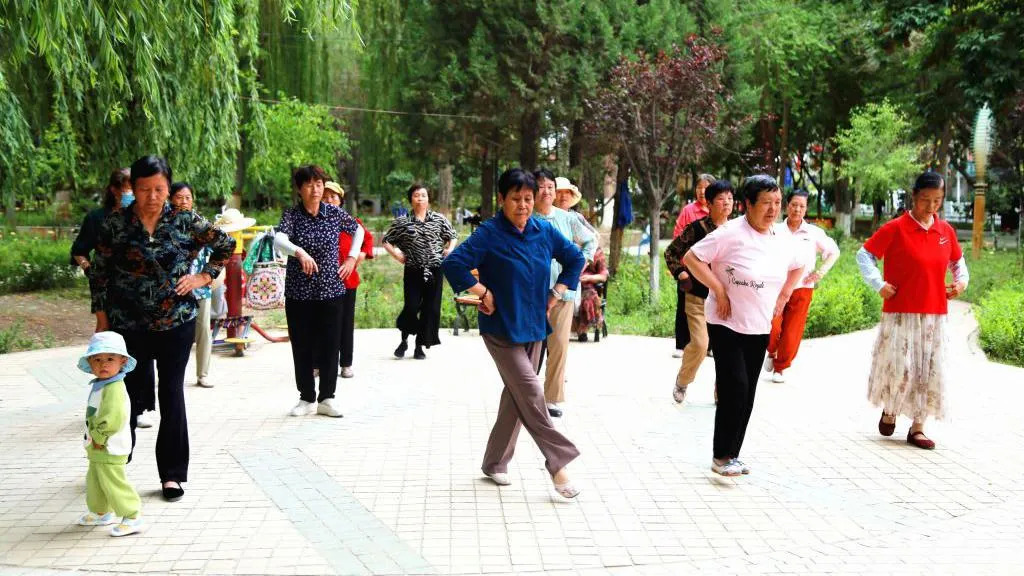China is set to gradually raise its statutory retirement age over the next five years to address its aging population and strained pension system. With life expectancy now at 78 years, higher than the United States, the retirement age in China remains one of the lowest globally—60 for men, 55 for women in white-collar jobs, and 50 for working-class women. This move was part of a series of resolutions adopted at the recent Third Plenum, a five-yearly top-level Communist party meeting.
Aging Population and Rising Life Expectancy
China’s life expectancy has soared from 36 years in 1949 to 78 years today. This increase poses significant challenges to the country’s pension system, which is under immense pressure. The Chinese Academy of Social Sciences reported in 2019 that the central state pension fund would run out of money by 2035, a situation exacerbated by the economic impacts of the COVID-19 pandemic.
“Gradual and Flexible” Reform Approach
The central committee’s policy document emphasized a gradual and flexible approach: “In line with the principle of voluntary participation with appropriate flexibility, we will advance reform to gradually raise the statutory retirement age in a prudent and orderly manner.” While specifics on the new retirement age were not disclosed, the China Pension Development Report 2023 suggested that 65 years old might be the target after adjustments.
Challenges and Criticisms
Despite its necessity, the plan to raise the retirement age has sparked debate online. “Those who wish to retire early are burnt out from their laborious jobs, but those in comfortable, lucrative roles will not choose to retire. What kind of jobs will the younger generation end up with?” a user on Weibo questioned. Others expressed concerns about delayed pension access: “There is no guarantee that you would still have a job before the statutory retirement age,” one user wrote.
Future Implications
The government’s proposal aims to ensure the sustainability of China’s pension system while acknowledging demographic shifts. Demographers quoted by the state-run Global Times emphasized the plan’s focus on “voluntariness” and “flexibility,” recognizing the need for a personalized approach to retirement.
As China navigates the complexities of an aging population and a stressed pension system, the gradual increase in the retirement age represents a critical step. The government’s approach, balancing voluntary participation and flexibility, seeks to address these challenges while considering the diverse needs of its workforce.







